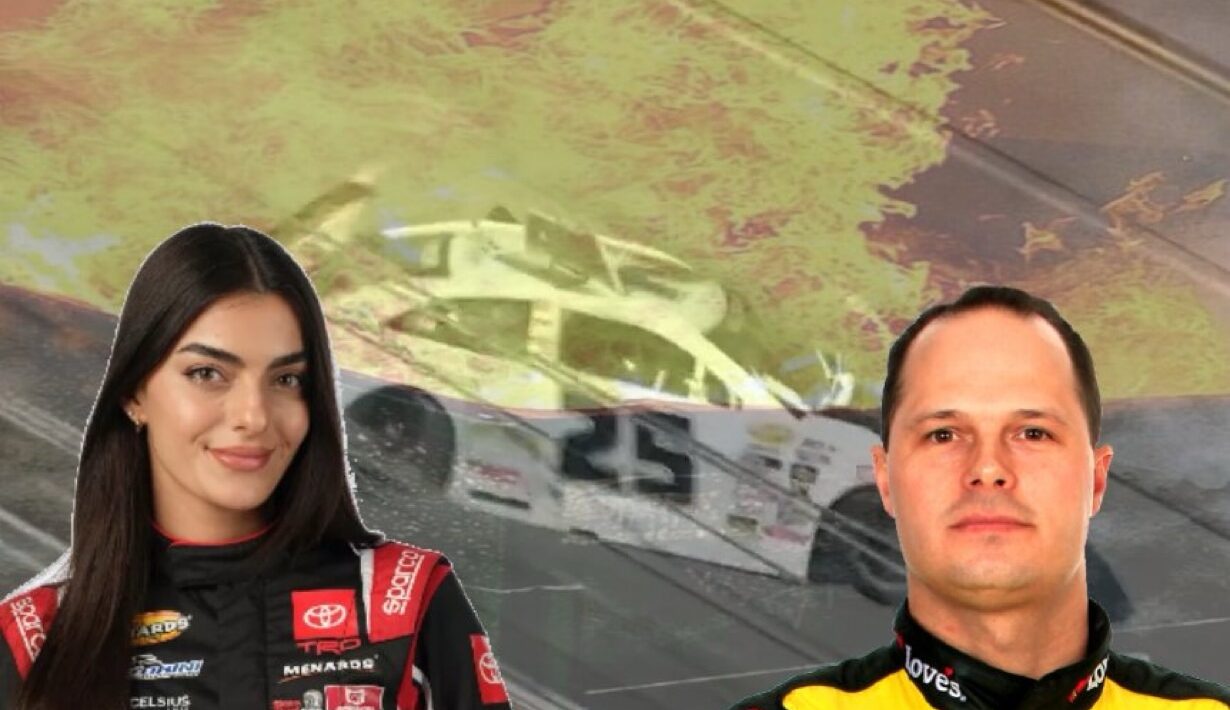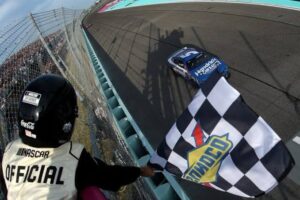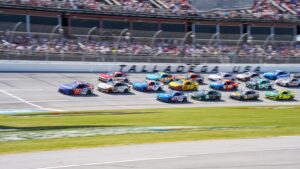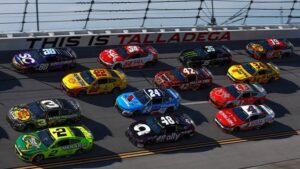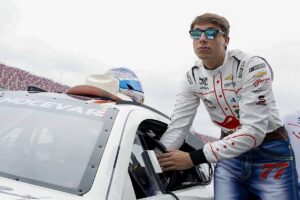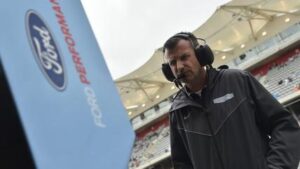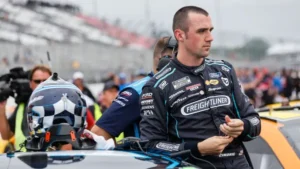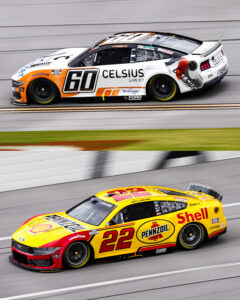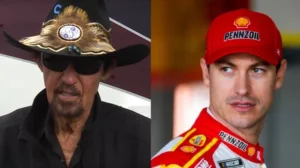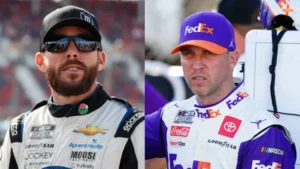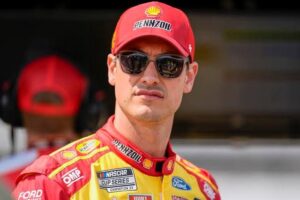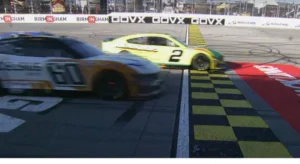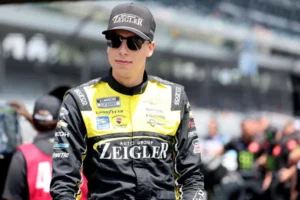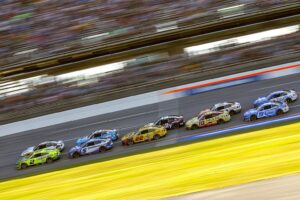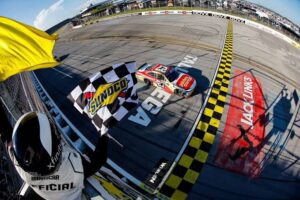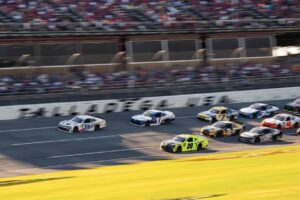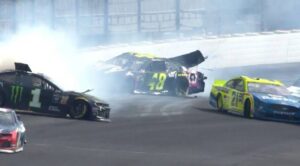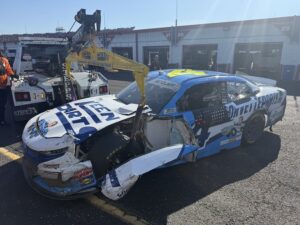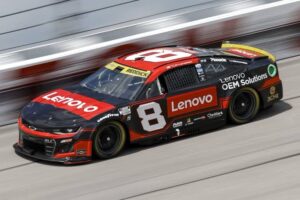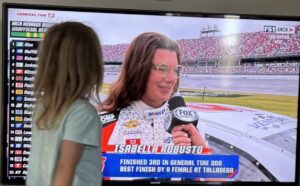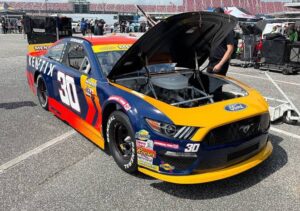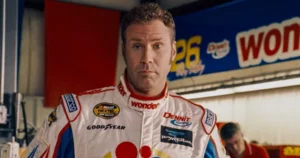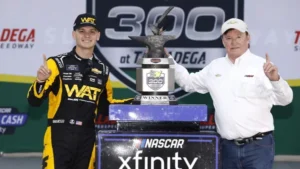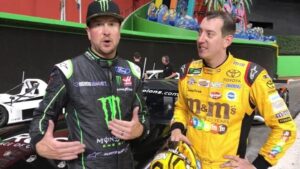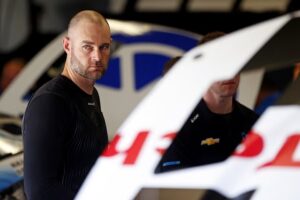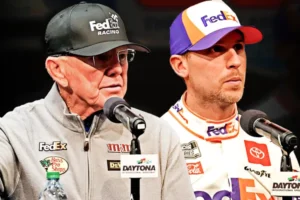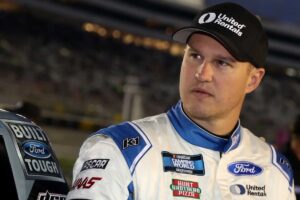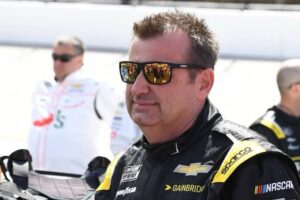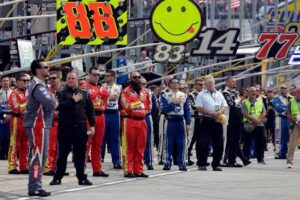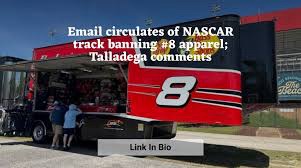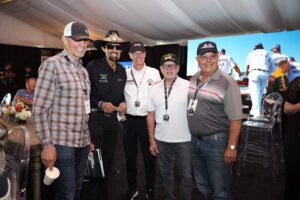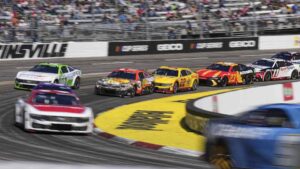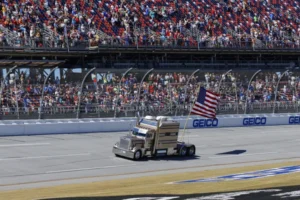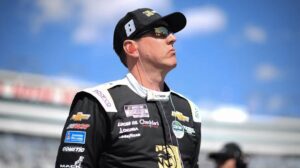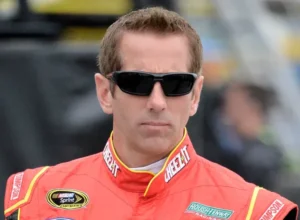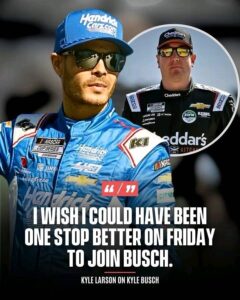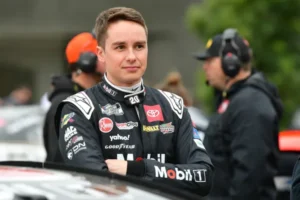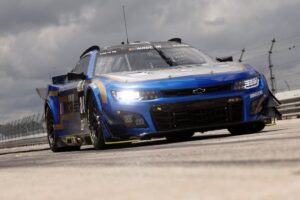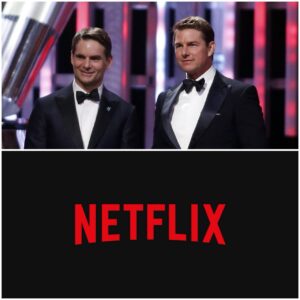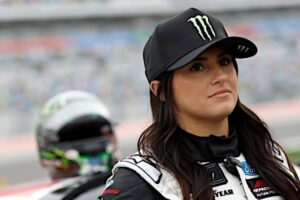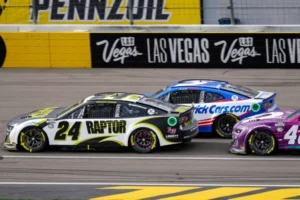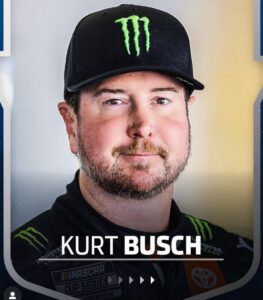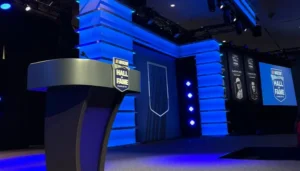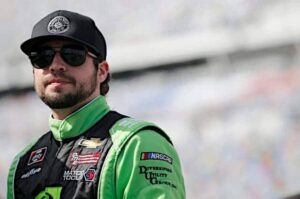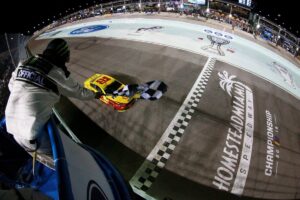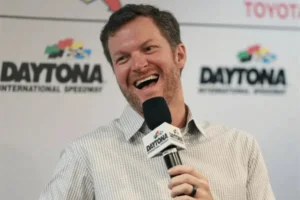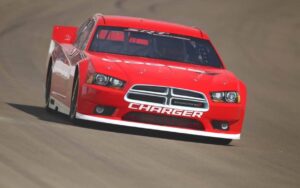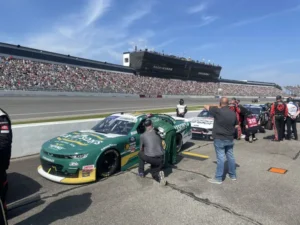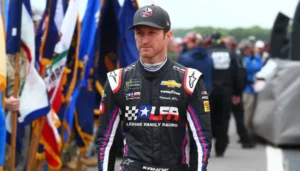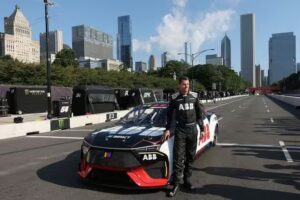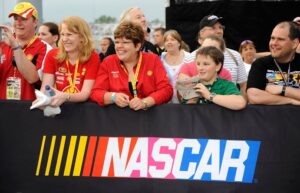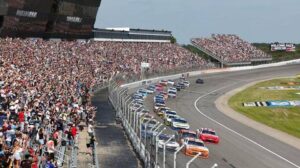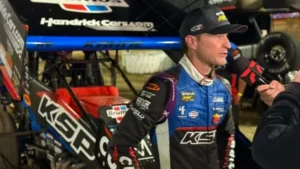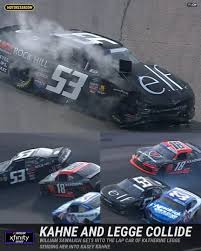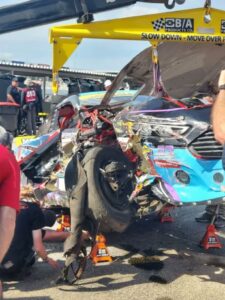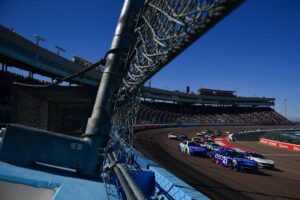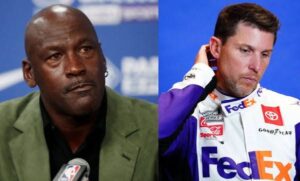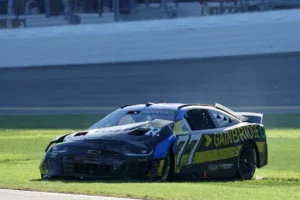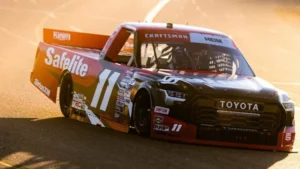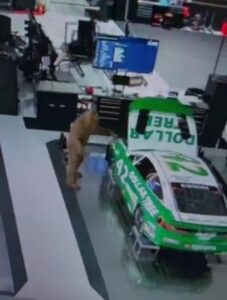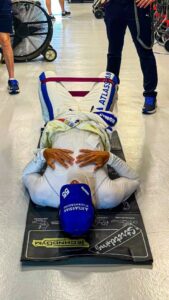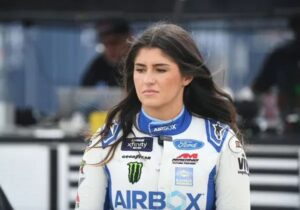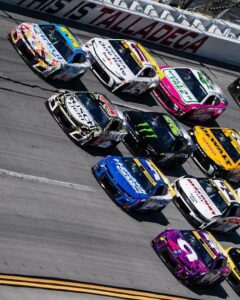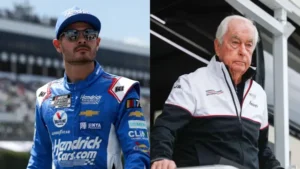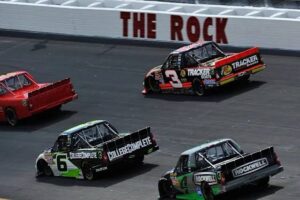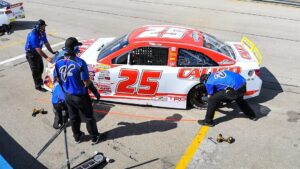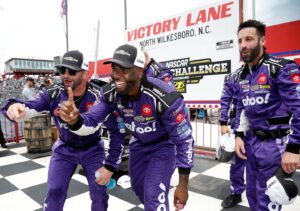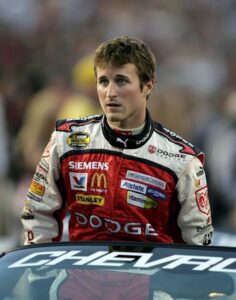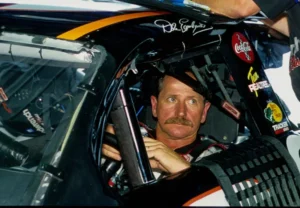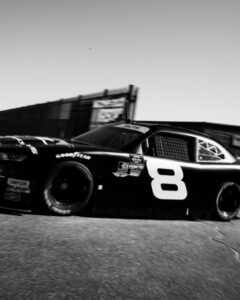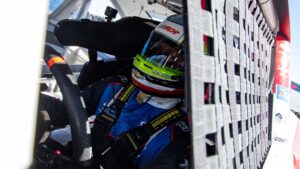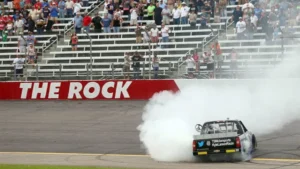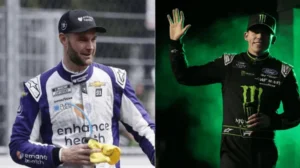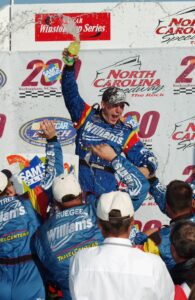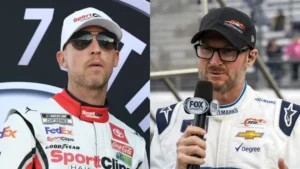NASCAR’s driver development pipeline has always been a focal point for discussions about the future of the sport. Recently, as drivers like Natalie Decker, Hailie Deegan, and Toni Breidinger have climbed the ranks, conversations about the criteria and motivations behind selecting young talent have reignited. Critics and fans alike are questioning whether NASCAR’s approach is prioritizing marketability over pure racing ability, while supporters argue the value of diversifying the sport’s audience and representation.
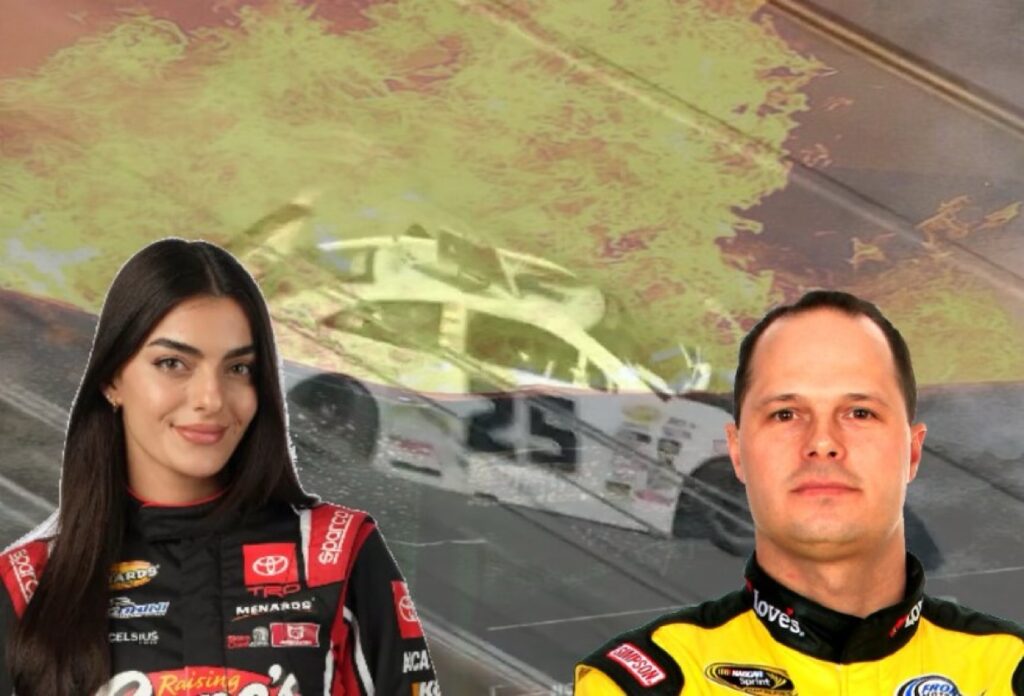
A Changing Landscape in NASCAR
Historically, NASCAR has been seen as a sport where raw talent on the track dictated opportunity. However, in the modern era of motorsports, the dynamics have shifted to include factors such as marketability, sponsor appeal, and social media influence.
Drivers like Natalie Decker, Hailie Deegan, and Toni Breidinger have brought more visibility to NASCAR with their presence. Each driver has carved out a niche, using platforms like social media to engage fans and attract sponsorships, essential components for sustaining a racing career in today’s landscape.
Toni Breidinger, for example, has been noted not only for her skills on the track but also for breaking barriers as the first Arab-American female NASCAR driver. Hailie Deegan’s aggressive racing style and outspoken personality have earned her a loyal fanbase. Natalie Decker’s journey through various racing series has shown resilience and determination despite setbacks.
Yet, these drivers have faced criticism from some fans who question whether their inclusion in the driver development program is based more on image than on proven track success.
The Marketability vs. Merit Debate
The rise of social media and the need for sponsorship dollars have blurred the lines between racing skill and off-track appeal. Drivers with significant followings and media presence can bring in sponsors that fund opportunities, sometimes ahead of drivers with stronger track records but less visibility.
Critics argue that this focus undermines the integrity of the sport, suggesting that NASCAR risks alienating its core fanbase by favoring drivers who generate buzz over those with undeniable talent. Supporters, however, view this as an evolution in the sport, recognizing the need to appeal to a broader and younger audience to ensure NASCAR’s future growth.
A Parallel to Other Sports
The comparison to tryouts like the Detroit Pistons highlights the growing perception that NASCAR might be prioritizing entertainment value over traditional development methods. However, similar debates have emerged in other sports, where star power and marketability often take precedence over raw talent alone.
This shift raises important questions: Should motorsports embrace this new model to remain relevant in a changing world, or should it stick to its roots of rewarding pure racing talent above all else?
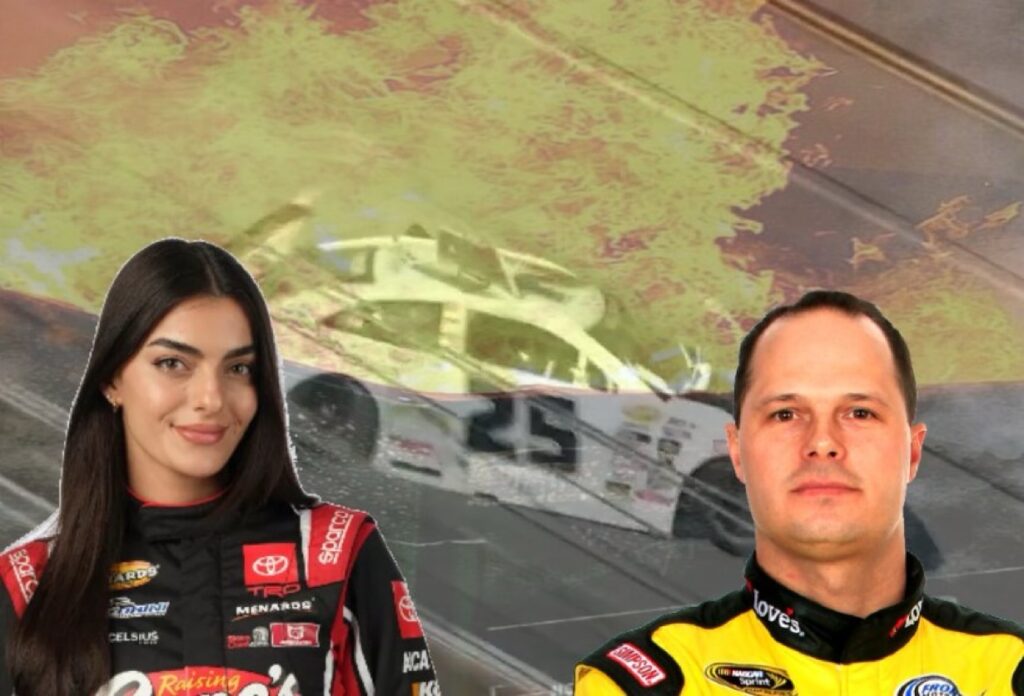
The Bigger Picture
As NASCAR continues to expand its audience and evolve its driver development programs, the challenge will be to strike a balance between nurturing racing talent and leveraging the star power of drivers with strong personal brands.
While some fans may bemoan the changes, others see it as an opportunity to modernize the sport and bring in new demographics. Ultimately, the success of drivers like Deegan, Breidinger, and Decker will depend not only on their marketability but also on their ability to prove themselves on the track.
The Future of NASCAR Development
Whether NASCAR’s driver development program becomes more like a talent show or remains focused on cultivating racing excellence, one thing is clear: the debate over what makes a NASCAR driver “worthy” is far from over. As the sport navigates these shifting priorities, it will need to address the concerns of traditionalists while embracing the possibilities of its evolving landscape.
